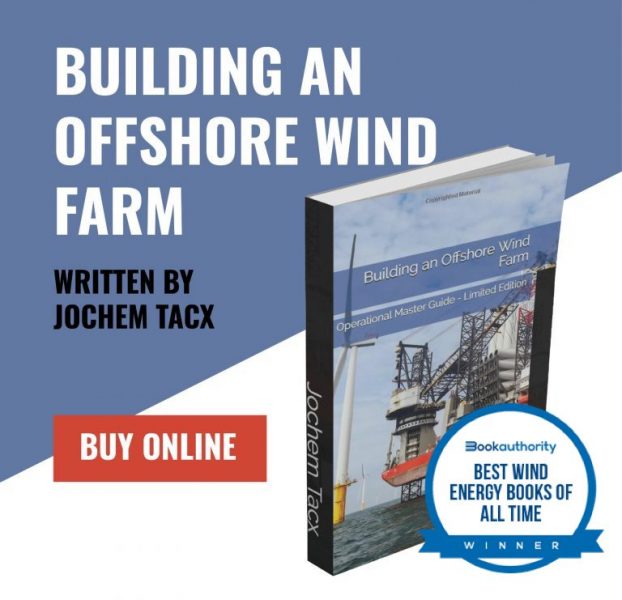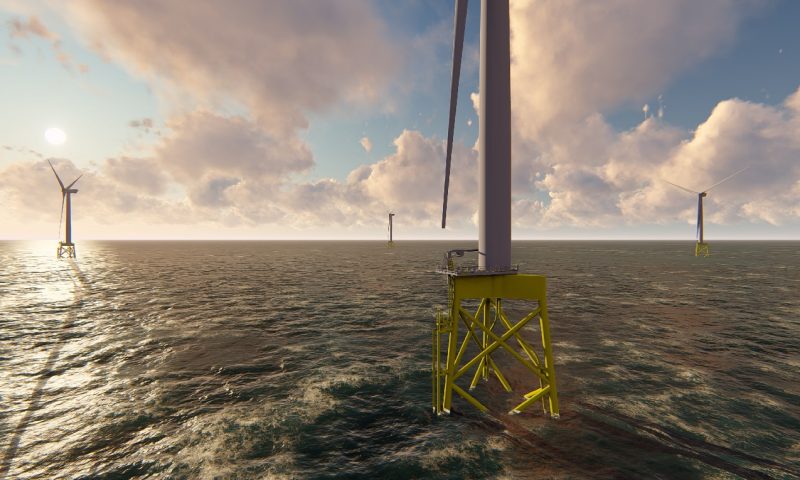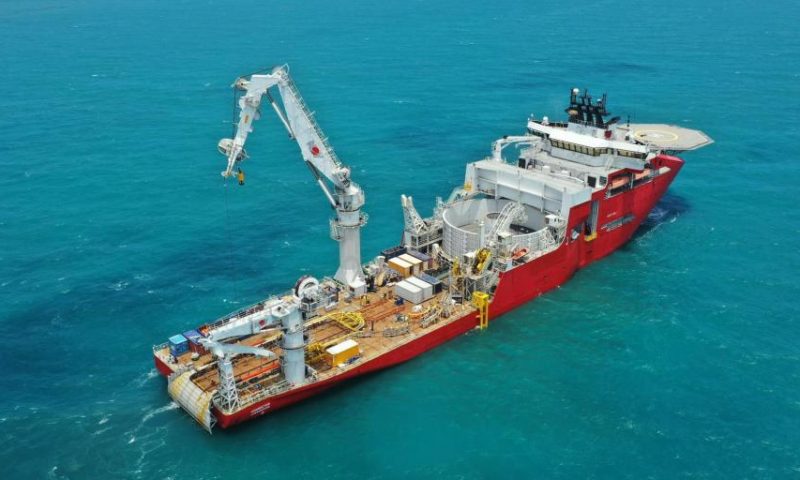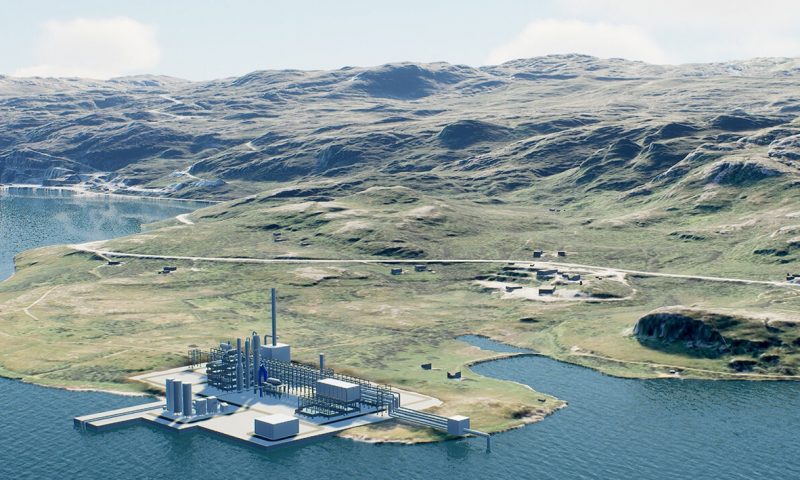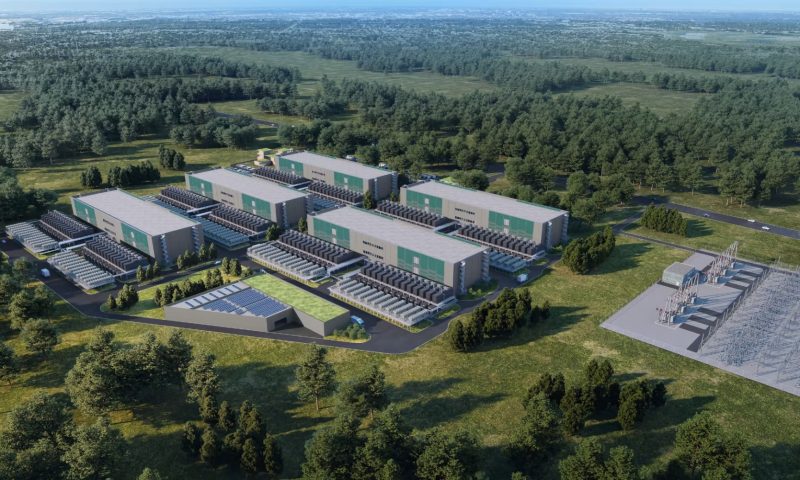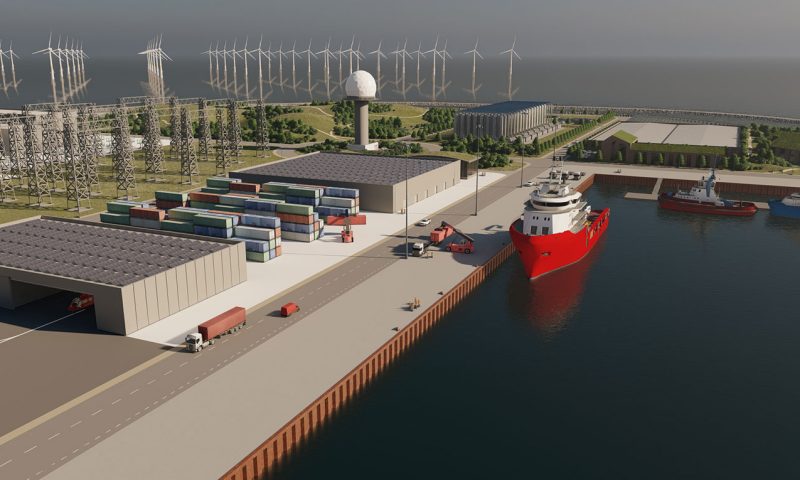
Ramboll to Support VindØ Consortium on World’s First Artificial Energy Island
Ramboll to support the VindØ consortium in developing innovative solutions in the planning of the world’s first artificial energy island
Ramboll will provide high-level support to the VindØ consortium on master-planning the world’s first artificial energy island, VindØ, which is expected to be realised by 2030.
The planned energy island in the North Sea is a monumental project that not only plays a leading role in fulfilling Denmark’s target for reducing greenhouse gas emissions by 70% by 2030, but also contributes to increasing renewable energy across Europe.
Ramboll is supporting this visionary plan through detailed studies of the possible activities on the island. While one of the primary drivers for the project is the transmission of green power to the Danish and European shores, the project offers many other possibilities for innovative thinking and value creating infrastructure due to its size and magnitude. Innovative solutions will be essential to accommodate the outputs of windfarms, which could reach a combined capacity of up to 10 GW, equivalent to the power consumption of 10 million European households.
Ramboll is studying the possibilities of developing large Power-to-X (PtX) facilities where power from windfarms is converted to products such as hydrogen and ammonia to be used in shipping and industry. Ramboll is also studying the feasibility of a data centre on the energy island. Given the ever-increasing demand for data, placing a data centre on the energy island could help secure a greener data driven future. Combined with abundant and low-cost electricity with proximity to international data cables, this could potentially be attractive for both data centre developers and the owners of the energy island. Finally, with fluctuating outputs from the offshore windfarms, flexibility solutions in the form of energy storage on the energy island, ranging from short-term storage in batteries to storage solutions which may absorb and store power over longer periods, are also being evaluated by Ramboll.
“Being innovative, however, is not enough. When identifying the possible technical and commercially attractive solutions for the energy island, sustainability is on top of our agenda,” says Søren Løvstad Christensen, Project Manager and Chief Economist at Ramboll.
For example, activities such as electrolysis and PtX will produce a significant amount of heat as a by-product – in some scenarios enough to supply several large Danish cities. Ramboll is studying different solutions to utilise this for the benefit of the energy island and society as a whole. Another key component is the liveability aspects of creating an island where potentially many people will stay for long or shorter periods. With an expected lifetime of over 50 years, recreational areas as well as safe and attractive environments and accommodation for the temporary inhabitants of the island will need to be developed and designed from the very beginning.
The primary connection point to the energy island will be a port. The port will be essential for shipping and landing materials for constructions works, and for shipping of products produced on the island, but also for the daily operations with crew transfer and transfer of supplies and materials needed for the operations. Ramboll is also studying other options for utilising the port. The port will obviously be very well positioned for the daily operations and maintenance of the offshore wind farm facilities. But the port could possibly also have a role as a service port for other users, such as fishing vessels, Danish Coast Guard vessels, environmental monitoring vessels etc., which would enhance the sustainability of the project even more, and improve ship operations which today are handled onshore.
Throughout 2021, 20-30 Ramboll experts from across business units and geographies will be working on sustainable and innovative solutions for the energy island, providing the VindØ consortium with the best possible background for their bid in the upcoming tender phase to be initiated by the Danish Government.
The VindØ consortium, composed of two of Denmark’s largest pension funds, PensionDenmark and PFA, and Denmark’s largest energy company Andel (previously SEAS-NVE), with Nykredit as financing partner, is ready to participate in the upcoming tender for the energy island in the North Sea, which is expected to be the largest infrastructure project in Denmark’s history.
“This is a historic project that will give Denmark and Europe the opportunity to become the frontrunners of green energy production and storage. There will be a huge benefit for our society from this project, and we are delighted to be involved and provide our support to the VindØ consortium”, says Jesper W. Thomsen, Business Development Director at Ramboll.

